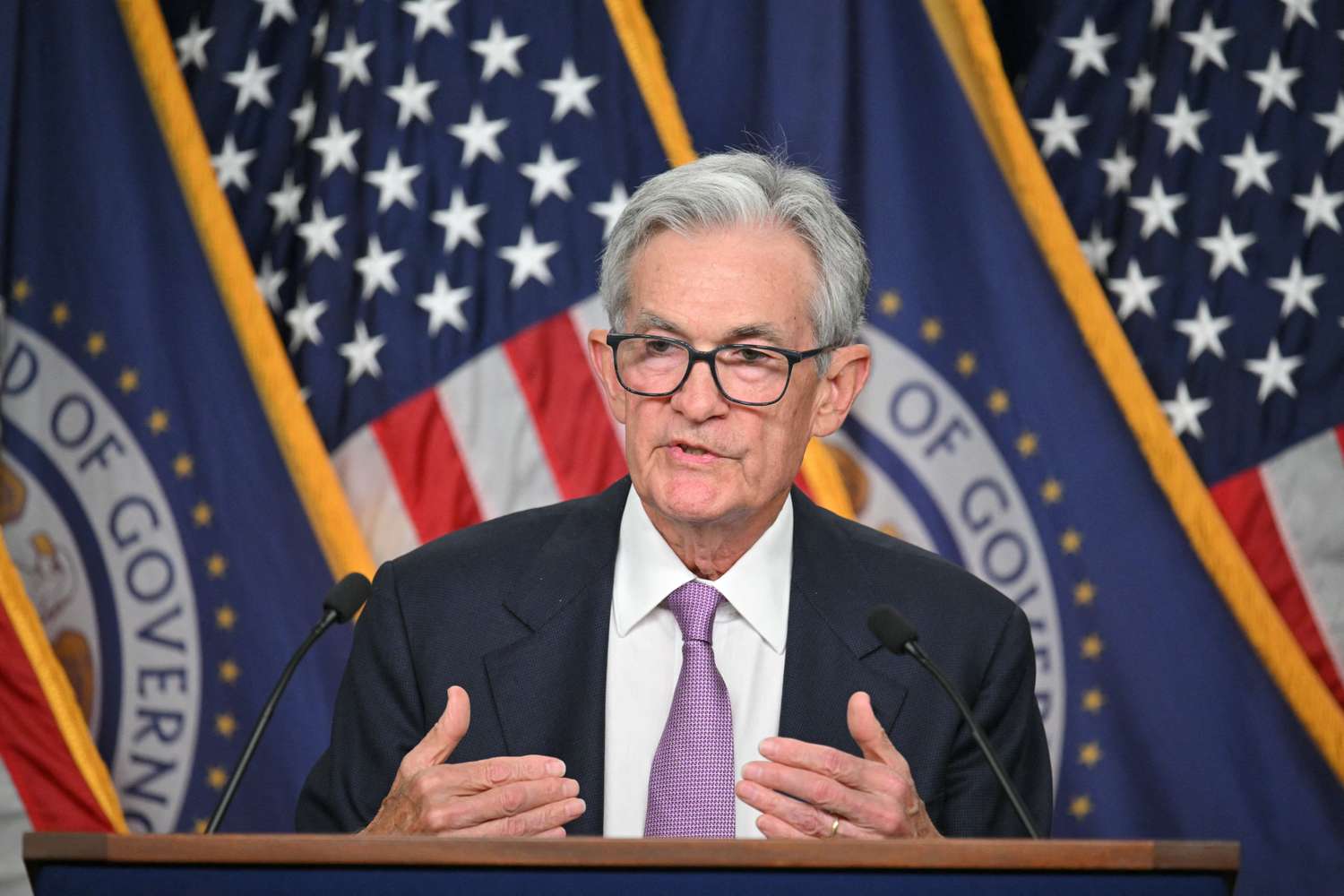Global oil prices have experienced a sharp surge in recent weeks as geopolitical tensions escalate in key energy-producing regions. The price of Brent crude and West Texas Intermediate (WTI) has climbed to levels not seen in over a year, raising concerns about inflationary pressures and global economic stability. Energy analysts warn that this rise could impact industries worldwide, from transportation to manufacturing, and put further strain on consumers already grappling with high costs.
Geopolitical Flashpoints Driving Prices
Several international developments are fueling the current spike in oil prices. Conflicts in the Middle East have disrupted supply chains, while production cuts from OPEC+ have limited the availability of crude on global markets. Sanctions on Russia continue to reduce its oil exports, further tightening supply. Analysts suggest that even small disruptions can now trigger sharp price hikes due to the fragile balance between supply and demand.
Economic Impact on Global Industries
The surge in oil prices has immediate ripple effects across various industries. Airlines, shipping companies, and logistics providers face higher operational costs, which are likely to be passed on to consumers. Manufacturing industries reliant on petrochemicals are also seeing increased expenses. Economists caution that prolonged price hikes could stifle economic recovery in many countries, particularly those heavily dependent on imported energy.
Inflation Concerns for Consumers
Rising oil prices often translate into higher costs at the pump, and this trend is being felt by consumers worldwide. Gasoline prices have risen significantly in North America, Europe, and parts of Asia, adding to the financial burdens of households already dealing with inflation in food and housing. Central banks are closely monitoring the situation, as persistent energy price increases could complicate monetary policy aimed at stabilizing economies.
Policy Responses from Governments
Governments across the globe are responding to the crisis with a mix of short- and long-term measures. Some countries are releasing oil reserves to ease supply constraints, while others are considering subsidies to shield consumers from the immediate impact. There is also renewed discussion about accelerating the transition to renewable energy sources as a way to reduce dependence on volatile fossil fuel markets.
The Role of OPEC+ in Market Stability
OPEC+ continues to play a central role in shaping the trajectory of global oil prices. The coalition’s decision to extend production cuts has supported higher prices, but it has also raised concerns among importing nations. While OPEC+ members benefit from increased revenues, their strategy risks slowing global demand if prices remain elevated for too long. This delicate balance underscores the power of the group in influencing global markets.
Long-Term Energy Transition Pressures
The surge in oil prices has reignited debates about the urgency of moving toward renewable energy solutions. Countries are reassessing their energy security strategies, with many accelerating investments in solar, wind, and nuclear power. However, experts caution that the transition will take years, and oil will remain a critical part of the global energy mix in the near future. Until alternatives are fully scaled, the volatility of oil markets will continue to pose risks.
Investor Reactions and Market Outlook
Financial markets have reacted strongly to the surge in oil prices. Energy stocks have rallied, with major oil companies posting record profits, while industries reliant on cheap fuel face declining margins. Investors are closely watching geopolitical developments and OPEC+ decisions, which will determine whether prices stabilize or continue to climb in the coming months.
FAQs
Why are oil prices rising so quickly?
Oil prices are increasing due to geopolitical conflicts, OPEC+ production cuts, and reduced exports from Russia, which have tightened global supply.
How do higher oil prices affect consumers?
Consumers face higher gasoline and transportation costs, which contribute to overall inflation in goods and services.
What role does OPEC+ play in the oil market?
OPEC+ controls significant portions of global oil production, and its decisions on output directly influence price trends.
Can governments control oil prices?
Governments can release reserves or offer subsidies, but long-term solutions depend on diversifying energy sources and reducing reliance on oil.
Will renewable energy reduce dependence on oil?
Yes, expanding renewable energy capacity can lessen dependence on oil, but the transition will take years before it significantly impacts global supply and demand.
Conclusion
The surge in global oil prices highlights the fragility of energy markets in times of geopolitical tension. While producers benefit from higher revenues, the burden on consumers and industries is creating widespread economic challenges. Inflationary pressures linked to energy costs are likely to influence policy decisions and shape global trade dynamics in the months ahead.
In the long term, the volatility of oil markets underscores the importance of energy diversification and investment in sustainable alternatives. Governments, businesses, and consumers alike must prepare for continued uncertainty while working toward a future where energy security is less dependent on fossil fuels. The current surge may serve as a catalyst for renewed efforts in building a more resilient and sustainable global energy framework.








